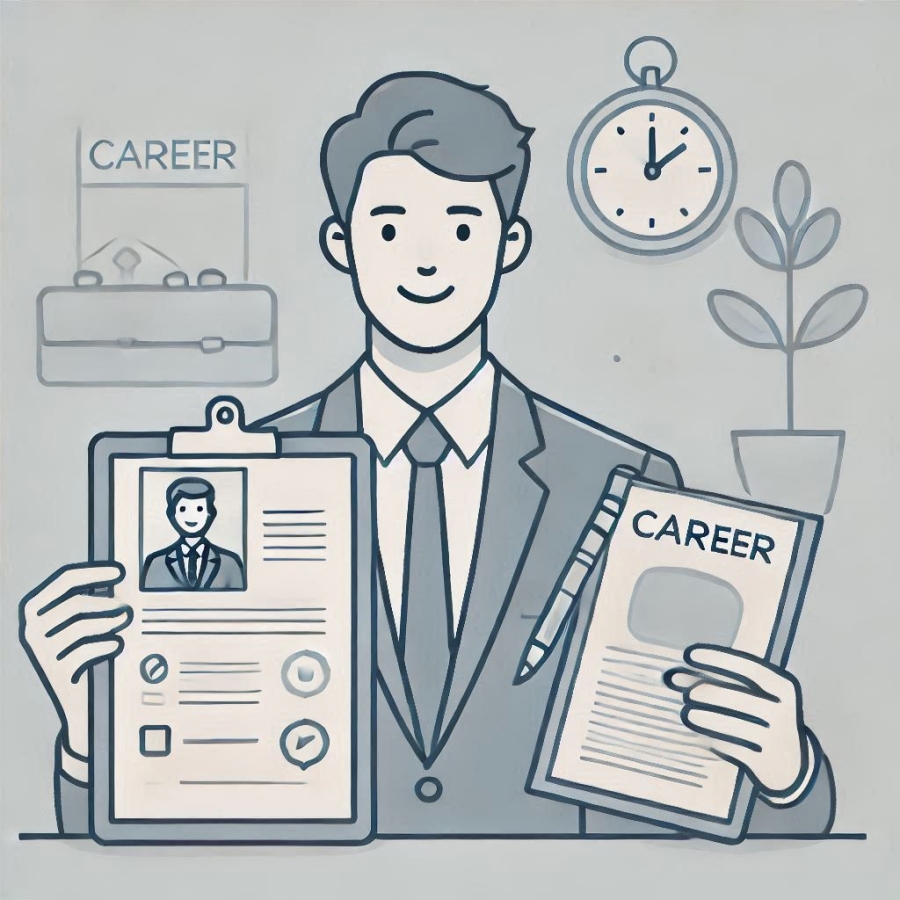- Afghanistan
- Åland Islands
- Albania
- Algeria
- American Samoa
- Andorra
- Angola
- Anguilla
- Antarctica
- Antigua and Barbuda
- Argentina
- Armenia
- Aruba
- Australia
- Austria
- Azerbaijan
- Bahamas
- Bahrain
- Bangladesh
- Barbados
- Belarus
- Belgium
- Belize
- Benin
- Bermuda
- Bhutan
- Bolivia
- Bonaire, Sint Eustatius, and Saba
- Bosnia and Herzegovina
- Botswana
- Bouvet Island
- Brazil
- British Indian Ocean Territory
- British Virgin Islands
- Brunei
- Bulgaria
- Burkina Faso
- Burundi
- Cambodia
- Cameroon
- Canada
- Cape Verde
- Cayman Islands
- Central African Republic
- Chad
- Chile
- China
- Christmas Island
- Cocos [Keeling] Islands
- Colombia
- Comoros
- Cook Islands
- Costa Rica
- Croatia
- Cuba
- Curaçao
- Cyprus
- Czech Republic
- Congo - Kinshasa
- Denmark
- Djibouti
- Dominica
- Dominican Republic
- Timor-Leste
- Ecuador
- Egypt
- El Salvador
- Equatorial Guinea
- Eritrea
- Estonia
- Ethiopia
- Falkland Islands
- Faroe Islands
- Fiji
- Finland
- France
- French Guiana
- French Polynesia
- French Southern Territories
- Gabon
- Gambia
- Georgia
- Germany
- Ghana
- Gibraltar
- Greece
- Greenland
- Grenada
- Guadeloupe
- Guam
- Guatemala
- Guernsey
- Guinea
- Guinea-Bissau
- Guyana
- Haiti
- Heard Island and McDonald Islands
- Honduras
- Hong Kong SAR China
- Hungary
- Iceland
- India
- Indonesia
- Iran
- Iraq
- Ireland
- Isle of Man
- Israel
- Italy
- Côte d’Ivoire
- Jamaica
- Japan
- Jersey
- Jordan
- Kazakhstan
- Kenya
- Kiribati
- Kosovo
- Kuwait
- Kyrgyzstan
- Laos
- Latvia
- Lebanon
- Lesotho
- Liberia
- Libya
- Liechtenstein
- Lithuania
- Luxembourg
- Macau SAR China
- Macedonia
- Madagascar
- Malawi
- Malaysia
- Maldives
- Mali
- Malta
- Marshall Islands
- Martinique
- Mauritania
- Mauritius
- Mayotte
- Mexico
- Micronesia
- Moldova
- Monaco
- Mongolia
- Montenegro
- Montserrat
- Morocco
- Mozambique
- Myanmar [Burma]
- Namibia
- Nauru
- Nepal
- Netherlands
- Netherlands Antilles
- New Caledonia
- New Zealand
- Nicaragua
- Niger
- Nigeria
- Niue
- Norfolk Island
- North Korea
- Northern Mariana Islands
- Norway
- Oman
- Pakistan
- Palau
- Palestinian Territories
- Panama
- Papua New Guinea
- Paraguay
- Peru
- Philippines
- Pitcairn Islands
- Poland
- Portugal
- Puerto Rico
- Qatar
- Congo - Brazzaville
- Réunion
- Romania
- Russia
- Rwanda
- Saint Barthélemy
- Saint Helena
- Saint Kitts and Nevis
- Saint Lucia
- Saint Martin
- Saint Pierre and Miquelon
- Saint Vincent and the Grenadines
- Samoa
- San Marino
- São Tomé and Príncipe
- Saudi Arabia
- Senegal
- Serbia
- Serbia and Montenegro
- Seychelles
- Sierra Leone
- Singapore
- Sint Maarten
- Slovakia
- Slovenia
- Solomon Islands
- Somalia
- South Africa
- South Georgia and the South Sandwich Islands
- South Korea
- South Sudan
- Spain
- Sri Lanka
- Sudan
- Suriname
- Svalbard and Jan Mayen
- Swaziland
- Sweden
- Switzerland
- Syria
- Taiwan
- Tajikistan
- Tanzania
- Thailand
- Togo
- Tokelau
- Tonga
- Trinidad and Tobago
- Tunisia
- Turkey
- Turkmenistan
- Turks and Caicos Islands
- Tuvalu
- U.S. Virgin Islands
- Uganda
- Ukraine
- United Arab Emirates
- United Kingdom
- United States
- U.S. Minor Outlying Islands
- Uruguay
- Uzbekistan
- Vanuatu
- Vatican City
- Venezuela
- Vietnam
- Wallis and Futuna
- Western Sahara
- Yemen
- Zambia
- Zimbabwe
Career Change Cover Letter Strategies for Getting a Job Interview

Career Change Cover Letter Strategies for Getting a Job Interview
Career changers can allay any worries a potential employer may have about their qualifications by writing a powerful cover letter. With the help of the career transition cover letter advice below, address the issue and sell yourself as the ideal applicant for the post!
1. Tips for Writing a Cover Letter for a Career Change
Give companies the shortened version of your reasons for changing careers, and present them in a positive, businesslike way. The place to discuss your path to this point or the emotional factors driving your decision isn't in a cover letter for a career shift. There should simply be one or two brief lines in this.
The entire sentence should read: Acknowledge that you are changing careers and briefly describe your interest in this new field. Then immediately go on to your strongest credentials and a more in-depth justification for why they ought to consider you.
Take a look at some sample cover letter language along the lines of this: "Although successful in my sales career, I have found the areas of my work I find most satisfying are all in HR-related duties. The highlights of my qualifications are listed here.
2. Put a focus on transferrable skills
By making connections, you can sell yourself in your cover letter for a career shift. Despite the fact that you might lack specific experience in this emerging field, there's a good possibility you possess adaptable talents that can be used in a variety of contexts. Show the hiring manager how your past accomplishments link to your potential in the future using specific examples.
According to Lizandra Vega, an executive recruiter who blogs as "The Career Confidante" and is the author of The Image of Success: Make a Great Impression and Land the Job You Want, career changers should incorporate skill sets and responsibilities used and developed in their previous career(s) to offer potential employers compelling reasons why they should be considered.
For instance, it's a good idea to describe how negotiating, coaching, and/or strategizing are talents that were used by a former employee.
3. Share Your Knowledge and Passion
By mentioning a class you took or a volunteer activity you undertook that is relevant to the job at hand, you can demonstrate a passion for your career choice. Consider how your background fits into attaining the company's goals after doing some research on them.
Your efforts to show that you are a committed lifelong learner who is willing to go above and beyond to succeed in this new industry are sure to stand out. Reynolds advises, "Tell employers your narrative as it relates to this new field in order to stand out. What ties do you have to the company or industry? Why are you drawn to it? Why do you feel the need to make this turn? Having the credentials or qualifications alone is insufficient. To distinguish yourself, tell them how you have a connection to the work.
4. Don't Push Your Past Away
Last but not least, keep in mind that employers prefer to work with upbeat individuals who are focused on the contributions they can offer to the business. Leave negative remarks about your previous employer at the door in your career transition cover letter and throughout your application.
According to Vega, "Work changes should not belittle or minimize their prior career experiences or choices." "Doing so casts doubt on your allegiance and ardor. Without delving into specifics about how much you detested your previous work or how unchallenging or trivial it was/has been, continue with your reasons for wanting to switch to the career you are currently considering. Be ecstatic about all of your accomplishments and utilize them as a springboard to advance your career.
Refreshing Your Resume
It should go without saying that if you're wanting to switch careers, you'll want to produce a CV that showcases your most important talents and closely matches the objectives you specified in your cover letter. Make sure these materials convey the same
idea and emphasize the reasons you're a strong candidate for a job change.

 by Kirthi Writes
by Kirthi Writes



